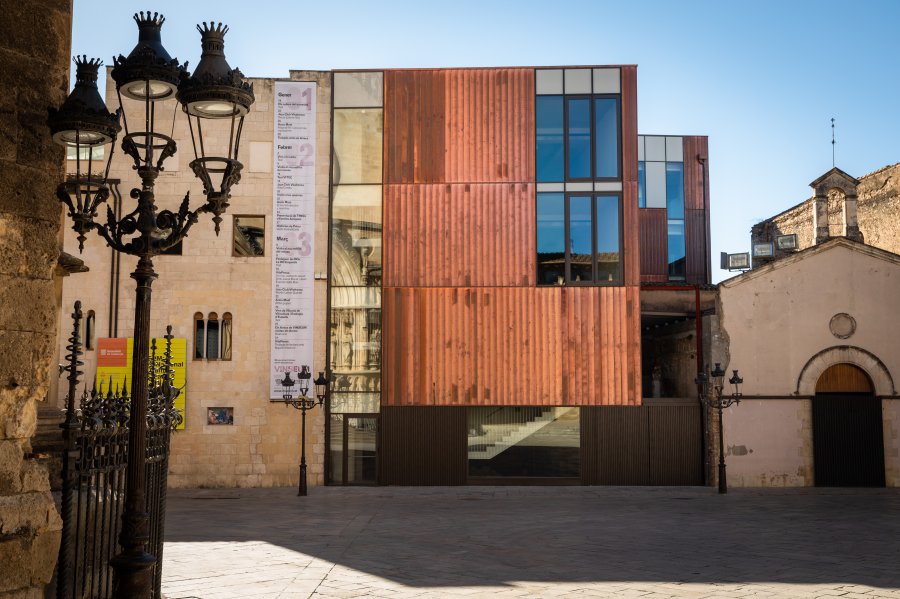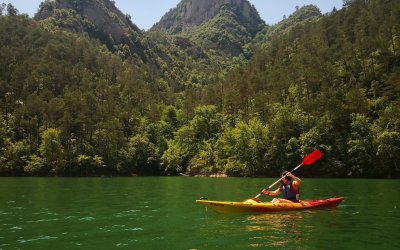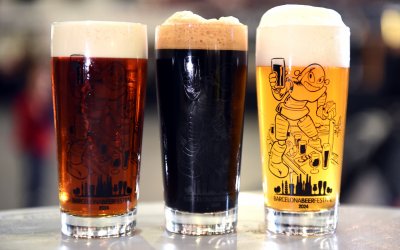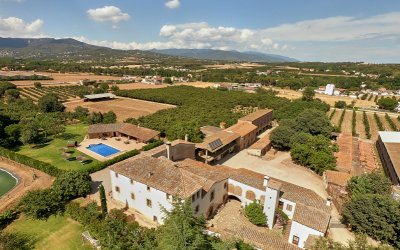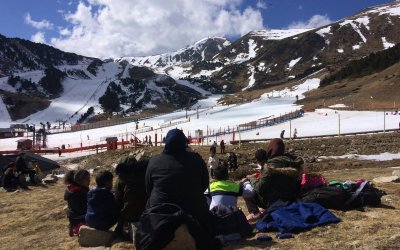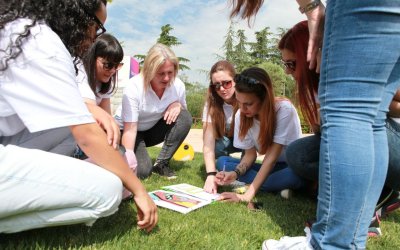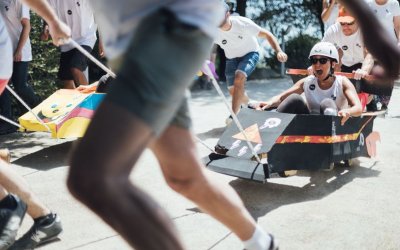A new building with over 20,000 objects, a documentation centre, a wine bar, and a cultural programme including everything from cinema festivals to philosophy events. You can find all of the above at the renovated VINSEUM, the Catalan Wine Cultures Museum in Vilafranca del Penedès, and all with the utmost respect for social and environmental sustainability.
The VINSEUM museum, created in 1935 as a wine tourism attraction, is currently undergoing a comprehensive renovation process and will have its grand reopening right after this coming summer.
The museum will be growing with the help of the Biosphere certification, helping them take already internalised protocols and processes to the next level.
Firstly, they have cemented their commitment to not wasting resources or energy, opting for recycling and looking for substitutes to materials such as plastic. Despite the difficulties finding suppliers, they are applying this process in store merchandising, with cardboard as the main packaging material.
They also intend to minimise waste generation during exhibitions and use eco-friendly materials, avoiding the use of vinyl and toxic paints, for example.
This sustainable vision is also applied to the process of repairing dirty and damaged pieces and machines from the winery and the fields. They use citrus solvents to clean iron and wood, and oil based on natural resins to protect materials.
Sustainable merchandising
The shop chooses local products, trying to avoid the easy “made in China” solution. This is always a challenge, since alternatives to the world’s factory are not always to easy to come by.
When they decide to purchase pens and notebooks made locally, for example, these items are a bit more expensive, both because of their quality and because local labour regulations stipulate that workers must be paid decent wages.
VINSEUM is convinced that this is the only approach we can take if we want there to be decent work for our children. This special connection with labour rights in all the museum's processes also comes across in its partnership with inclusion initiatives.
Every year, they welcome an intern from vocational training programmes for people with special needs, who works in customer service and helps with the logistics of the shop.
They are also part of the Apropa Cultura programme, making their activities accessible to individuals at risk of exclusion for different reasons. They especially focus on elderly people with Alzheimer’s, so that everyone can enjoy culture.
The project is truly inspiring, as elderly people at nursing homes often have few leisure opportunities, and when these kinds of activities are made available, they are eager to participate.
But VINSEUM’s process does not stop here. In fact, they are already preparing new initiatives. In collaboration with Barcelona Provincial Council, they are working to make a new exhibition that will open in the autumn accessible to people with visual impairments. Their goal is to reach the greatest number of groups possible. And as they say at the VINSEUM, if you believe in it, you can make it happen.
